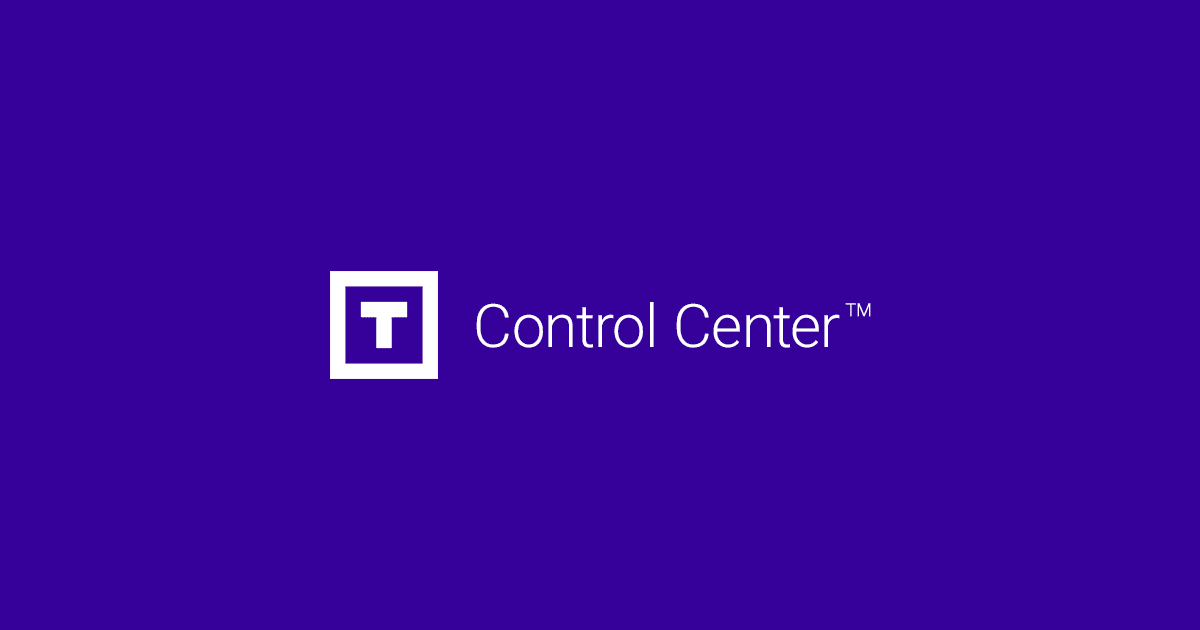
If you're about to launch your website, you've likely come across the million-dollar question: how much hosting do I really need? Choosing a hosting plan can feel like buying clothes without knowing your size. If you pick one that's too small, your website will feel cramped and slow. If you go for the largest one, you'll be paying for space and power you don't even use.
The good news is you don't need a crystal ball to get it right. Think of it this way: your hosting is the land where you build your house (your website). You don't need a whole acre for a country house, nor would you try to build a mansion in a small garden. It's all about finding the perfect balance.
In this article, we're going to simply break down how to calculate the ideal size for your project.
The Three Pillars of Your Hosting
To know which plan is right for you, you need to think about three key things: the storage, the traffic you expect, and the power you'll need.
1. Disk Space (The size of your "house")
This is literally how much your website's files weigh. Everything is stored here:
- System files: If you use WordPress, Joomla, or any other content management system, their base files take up space.
- Your content: This is the most important part! High-quality photos, videos, downloadable PDF files, blog articles, etc.
- Databases: This is where dynamic information is stored, such as registered users, comments, orders from your online store, etc.
- Emails: If you plan to have email accounts with your domain (like contact@yourdomain.com), the emails and their attachments also take up space.
How do I calculate it?
For a new site, it's hard to know exactly, but we can estimate:
- A simple blog or portfolio: Generally, 1 to 5 GB is more than enough to get started. Photos optimized for the web and text don't weigh much.
- A business website or a small online store: Here there are more product images and a more active database. Aim for a range of 10 to 25 GB to be comfortable and have room to grow.
A friendly tip: Optimize your images! Tools like TinyPNG or WordPress plugins can drastically reduce the weight of your photos without losing quality. Your hosting will thank you for it!
2. Bandwidth (The size of the "front door")
Bandwidth, or data transfer, is the amount of information your site can "send" to your visitors each month. Every time someone enters your page, views an image, or downloads a file, they are using your bandwidth.
How do I calculate it?
This depends 100% on traffic. The simple formula is:
Monthly visitors × pageviews per visitor × average page size = required bandwidth
If you're just starting, you don't have visitor data. Don't worry! Most quality hosting plans today offer generous or even "unmetered" bandwidth for sites that are just beginning. A plan offering 100 GB of bandwidth is an excellent starting point for the vast majority of new projects.
3. Performance (CPU and RAM, the "brain" of your website)
Beyond space, there's power. The CPU (processor) and RAM (memory) determine how fast your server can "think" and perform tasks, especially when several people visit your site at the same time.
- A personal blog: It doesn't need much power. The tasks are simple: display text and images.
- An online store (e-commerce): This is where things change! The server needs to process searches, shopping carts, payments, and constantly connect with the database. This requires more CPU and RAM for a smooth experience.
- A site with memberships or online courses: It also needs more power to manage logins, restricted content, and user interactions.
For most users, standard shared hosting plans already come with an adequate CPU and RAM allocation. If you notice your website slowing down as it grows, it's a clear sign that you need a power "upgrade."
Our Mesh™ Hosting Plans: The solution that grows with you.
Now that you have a clear idea of what you need, we want to make the choice easier for you. At Tieriun, we've created the Mesh™ Hosting plans so you can find exactly what your project needs, without overpaying and with the confidence that you can grow whenever you want.




